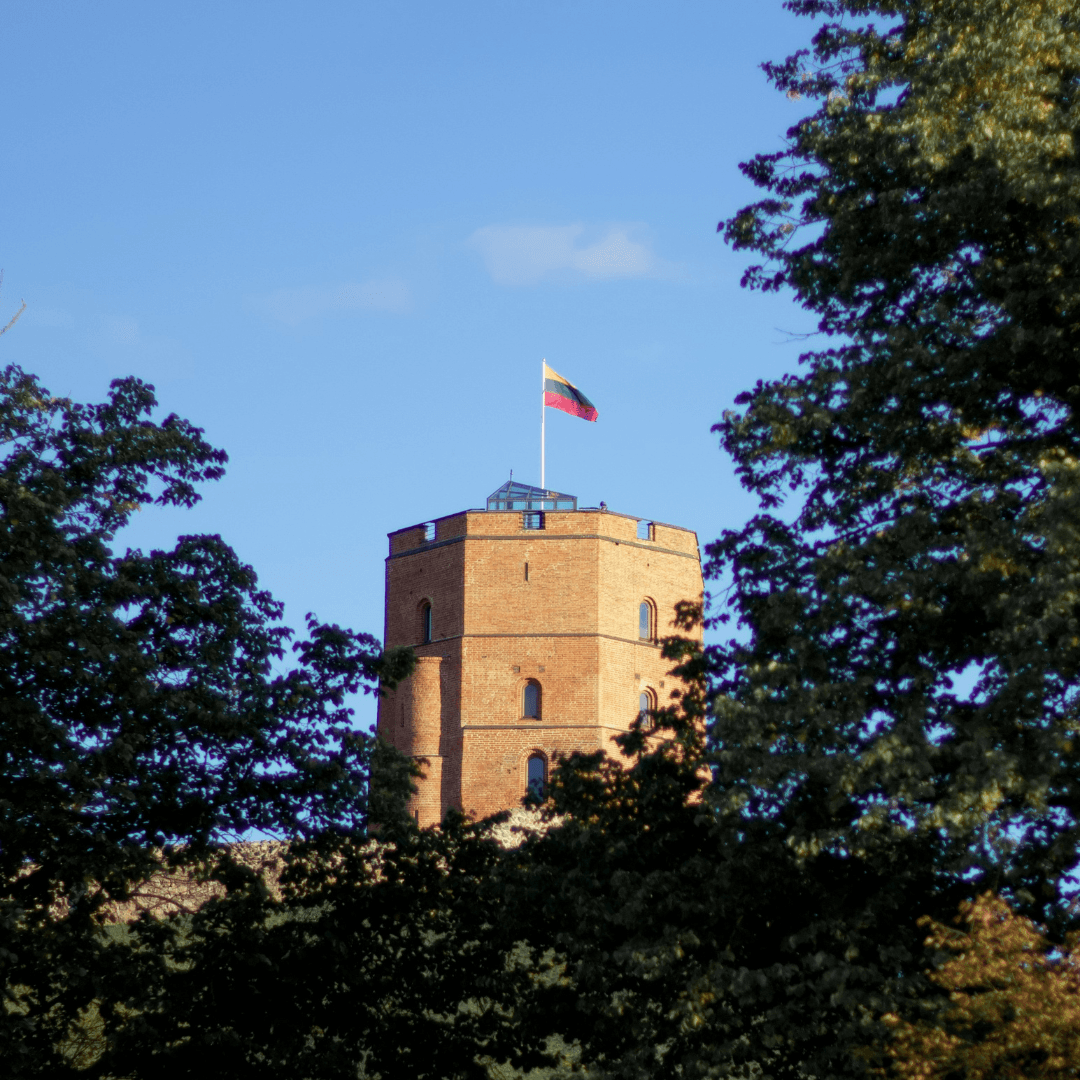Software Services
For Companies
For Developers
Products
Portfolio
Build With Us
Build With Us
Get Senior Engineers Straight To Your Inbox

Every month we send out our top new engineers in our network who are looking for work, be the first to get informed when top engineers become available

At Slashdev, we connect top-tier software engineers with innovative companies. Our network includes the most talented developers worldwide, carefully vetted to ensure exceptional quality and reliability.
Build With Us
Hiring Developers from Lithuania: A Brief Overview/


Lithuania has emerged as a competitive player in the software development outsourcing market within Eastern Europe. Known for its strong educational system, skilled workforce, and supportive business environment, Lithuania offers a variety of advantages for companies seeking to hire software developers. However, it is essential to consider both the benefits and challenges of outsourcing to this Baltic nation. This article explores key factors in hiring developers from Lithuania, including costs, talent quality, and geopolitical considerations.
1. Cost of Hiring Developers in Lithuania
Lithuania offers relatively competitive pricing for software development services compared to Western Europe. Below is a breakdown of typical hourly rates for hiring developers:
- Junior Developer: €15 to €25 (approximately $16 to $27) per hour
- Mid-Level Developer: €25 to €45 (approximately $27 to $49) per hour
- Senior Developer: €45 to €75 (approximately $49 to $83) per hour
These rates reflect employer-paid salaries for full-time staff based on standard working hours (approximately 1,760 hours annually). While Lithuania remains affordable within the EU context, the demand for skilled developers is increasing, which may lead to upward pressure on salaries.
2. English Proficiency and Communication
English proficiency is notably high in Lithuania, especially among younger generations and professionals in the tech sector. Many Lithuanian developers are fluent in English, enabling effective communication with international clients. This proficiency is crucial for ensuring clear project specifications and timely collaboration.
3. Talent Pool and Availability
Lithuania has a well-developed talent pool, with around 20,000 software developers as of recent estimates. The country’s educational institutions produce a steady stream of graduates in STEM fields, resulting in a workforce adept in various programming languages, including Java, C#, Python, and JavaScript.
Despite the growth in the tech industry, companies may face challenges in sourcing specialized talent, particularly in emerging technologies such as artificial intelligence and blockchain. The demand for developers in Lithuania is rising, and firms may need to compete for the best candidates.
4. Developer Skill and Global Ranking
Lithuanian developers are recognized for their strong technical skills and problem-solving abilities. The country has a positive reputation in global developer skill rankings, thanks to its focus on quality education and active participation in international programming competitions.
However, the rapid pace of technological advancement requires continuous skill development. Developers must stay updated with new technologies and trends to maintain their competitive edge in the global market.
5. Infrastructure and Tech Ecosystem
Lithuania boasts a robust digital infrastructure and a burgeoning tech ecosystem. The capital city, Vilnius, is home to numerous tech startups, incubators, and innovation hubs. The government actively supports the tech industry through various initiatives, including tax incentives and funding for startups.
Despite these strengths, the smaller size of the Lithuanian market may limit access to certain specialized services. Companies may find that certain niche areas are underrepresented compared to larger tech hubs in Western Europe.
6. Political and Geopolitical Considerations
Lithuania is a member of the European Union and NATO, which contributes to its political stability and business-friendly environment. Its EU membership provides access to a consistent legal framework and various business regulations, enhancing its attractiveness for foreign investors.
However, Lithuania’s geographic proximity to Russia poses potential geopolitical risks. Companies should remain aware of regional tensions and their possible impacts on business operations, particularly in sectors reliant on cross-border collaboration.
7. Timezone Considerations
Lithuania operates on Eastern European Time (EET), which is UTC+2 and observes Daylight Saving Time (UTC+3). This timezone aligns well with most European business hours, making collaboration with other European companies convenient. For U.S.-based firms, some adjustments may be necessary for real-time communication.
8. Challenges in Talent Retention
Lithuania faces challenges in retaining skilled developers as the demand for tech talent increases. Many professionals may seek opportunities in larger Western European markets or North America, where salary and benefit packages can be more appealing. To mitigate talent loss, companies should focus on fostering positive workplace cultures and offering competitive remuneration.
9. Growth Potential and Investment Opportunities
Lithuania is positioning itself as a leading tech hub in the Baltic region, attracting significant investment from venture capitalists and international businesses. The government has implemented policies to support the tech sector, fostering innovation and entrepreneurship.
The growing startup scene in Vilnius, along with government incentives for tech development, makes Lithuania an attractive option for companies looking to outsource software development. Collaborative initiatives and networking opportunities further enhance the potential for growth within the local tech ecosystem.
Conclusion
Lithuania presents a compelling option for businesses seeking to outsource software development. With its competitive costs, highly skilled workforce, and supportive tech ecosystem, Lithuania stands out as a valuable destination for organizations aiming to enhance their tech capabilities. However, it is essential for companies to navigate challenges such as talent retention, competition for skilled developers, and geopolitical considerations.
By understanding the dynamics of the Lithuanian market and investing in local talent, businesses can leverage the country’s growing tech landscape to drive innovation and achieve their software development goals. Lithuania’s commitment to fostering a vibrant tech environment positions it as a favorable choice for companies looking to thrive in the digital era.

